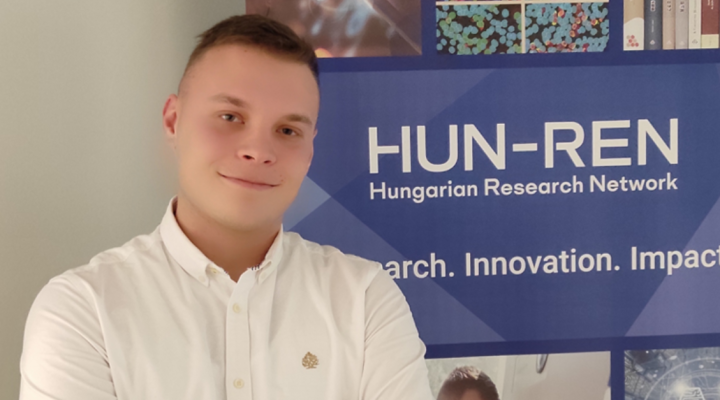In the complex arena of impact investing, where the convergence of social good and financial viability occurs, each step of the journey presents both challenges and opportunities for growth.
My journey to impact investing began just before COVID as I worked at the intersection of the private sector, public sector and civil society to unlock public and private capital to support Kenya in attaining its ‘Big Four’ agenda (affordable healthcare, food security, affordable housing and manufacturing). I focused specifically on the United Nations sustainable development goal 3 which aims to address the equity gap in healthcare access and provide affordable, quality care for all.
The World Health Organization says almost half of the world's people don't have basic health services, and every year, about a hundred million people become poor because of healthcare costs they can’t avoid. This means we need to work together with groups such as non-profit organisations, social entrepreneurs, governments and healthcare providers to fix the inequity in access to healthcare.
My employer, the Philips Foundation, is at the forefront of addressing inequities in access to healthcare by pioneering social investments through innovative models via its impact investments subsidiary. Through my experiences, I strongly believe that making big changes and making sure nobody gets left behind needs a brave approach. Within my role in the foundation, I have supported setting up the impact investment subsidiary and collaborate with social entrepreneurs, offering in-kind support and deploying various investment instruments tailored to their needs to maximise impact while solving healthcare access challenges.
In this role, and as someone deeply committed to maximising impact for early-stage social ventures, I am faced with challenges and the complexities of due diligence, valuation and the development of appropriate term sheets. Many people in philanthropy and impact investing industries choose to give grants instead of investing in these social ventures because it seems easier. The challenges of impact investing have made me want to deepen my impact investing skills and integrate insights from both venture capital and impact investing.
Finding out about the Valuation of Private Assets programme at Oxford was important for me. I learned about it while I was taking part in the Impact Investing programme, also from Saïd Business School. I was really interested because it covers many due diligence topics and is very practical. I watched a webinar by Professor Ludovic Phalippou about valuing real estate, which gave me a taste of what the programme was like. Ludo talked about how important it is to use data and deal with uncertainty directly.
During the programme, I started to see financial model numbers in a whole new way when it comes to figuring out values and making term sheets. Instead of guessing or using averages, I learned to look at value more fairly and consider things like how much something can grow and how risky it is. This made me feel sure about working out the value of early-stage ventures, especially in healthcare where it's tricky.
The programme helps to create new connections and expand networks with different areas of expertise. I appreciated the way we tackled case studies in small groups and the opportunities to collaborate with different groups each day, which provided multiple perspectives. This type of environment encourages deeper learning and offers ongoing support even after classes ended.
Right now, I'm working on two investment cases. One of them involves a social venture in Africa that aims to address the shortage of healthcare workers. I'm seeing firsthand the fruits from the new skills the programme taught me and how to handle various types of investments, such as determining fair value after several rounds of safe notes and investments. It has helped me feel more confident about handling different investment situations.
The programme also inspires what might happen with valuing assets in the future. I’m excited about using AI to help value things. It can do boring jobs over and over again and make sure we’re fair in valuation. By using data and machine learning, we can let people focus on making important decisions and keep working towards making the world better.
As I continue my journey, I remain committed to the impact and social return on investments. Every problem I face and everything I learn makes me believe even more that impact investing can make the world fairer and better for everyone.






